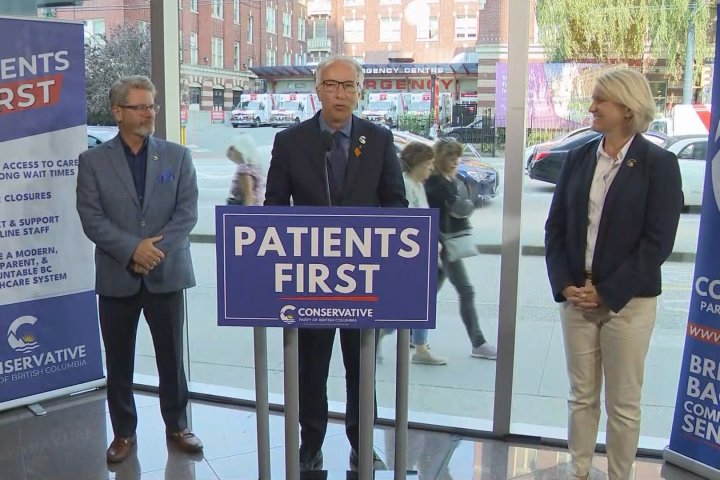British Columbia (BC) is currently facing a debate over the implementation of a hybrid health care system, with the BC Conservatives advocating for a mix of public and private health care options. This proposal has sparked controversy and raised concerns about the potential impact on the province’s health care system.
The BC Conservatives argue that a hybrid system would provide more options and faster access to health care for patients. They believe that by allowing private clinics to operate alongside the public system, patients would have the choice to pay for expedited services if they wish to do so. This, they claim, would alleviate the long wait times that are often associated with the public health care system.
However, opponents of this proposal argue that a hybrid system would create a two-tiered health care system, where those who can afford to pay for private services would receive better and faster care, while those who cannot would be left behind. They also express concerns about the potential for privatization to undermine the principles of universal health care and create inequalities in access to essential services.
The BC Conservatives have pointed to other countries, such as Australia and the United Kingdom, where a hybrid system is in place and claim that it has been successful in improving access to health care. However, critics argue that these countries have faced challenges with their hybrid systems, including rising costs and inequalities in access to care.
The debate over a hybrid health care system in BC is not a new one. In 2009, the BC Supreme Court ruled that the province’s ban on private health care violated the Canadian Charter of Rights and Freedoms. This decision has led to the growth of private clinics in the province, which has further fueled the debate over the role of private health care in the public system.
The BC government has stated that it remains committed to a publicly funded and administered health care system, but has also acknowledged the need to address wait times and improve access to care. The province has implemented measures such as the Surgical and Diagnostic Imaging Strategy to reduce wait times and increase capacity in the public system.
In conclusion, the debate over a hybrid health care system in BC is complex and has sparked strong opinions on both sides. While the BC Conservatives argue that it would improve access to care, opponents raise concerns about the potential for inequalities and the erosion of universal health care principles. As the province continues to grapple with this issue, it is crucial to consider the potential impact on patients and the overall health care system.




